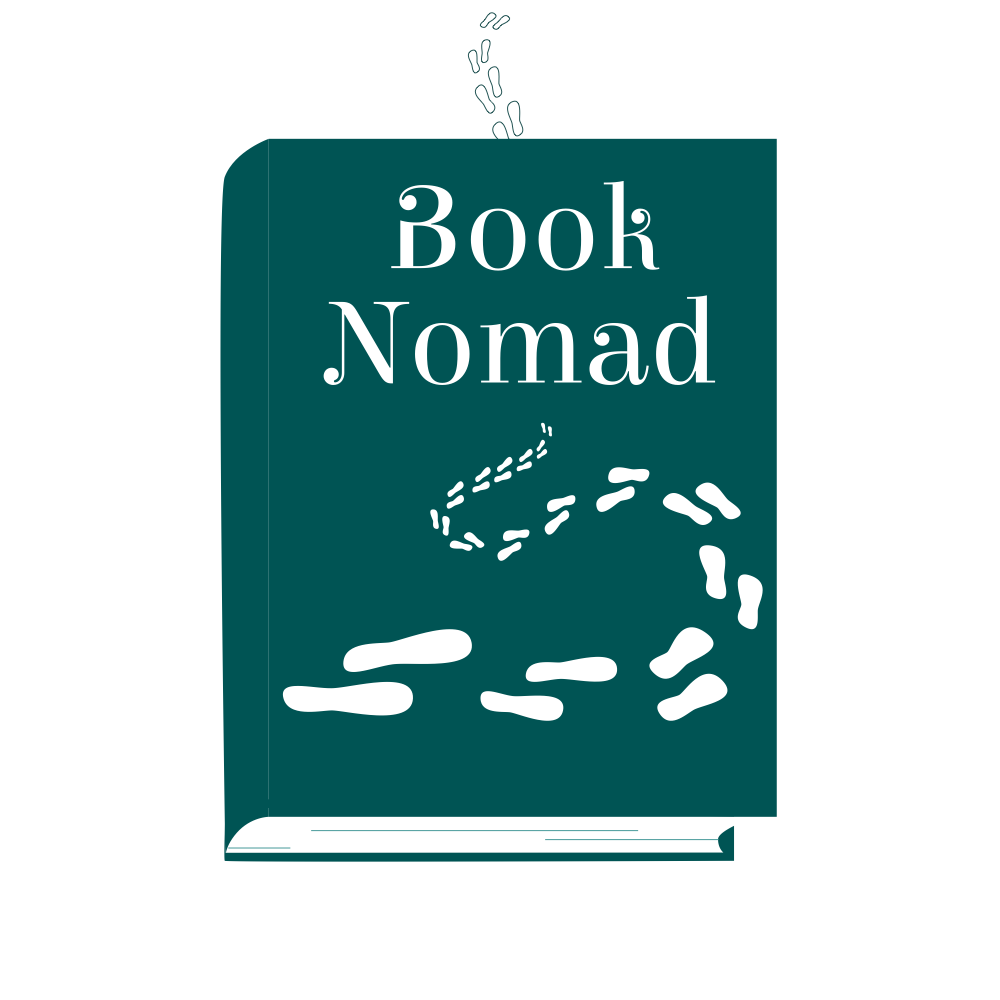I had the pleasure of listening to a talk by Algerian poet and French-to-Arabic translator, Lamis Saidi, who was an engaging and knowledgeable speaker, ma sha Allah. I have written a few notes from memory, although I know there is much more that I have forgotten and some that I may have misremembered, so please do correct me in the comments if you notice anything. I thought her observations on language, names and the urban environment were particularly striking.
I have embedded the recording below my notes for your reference. The opening and Q&A were in Spanish, since the event took place in Barcelona, but the actual talk is in Arabic.
Notes
Algerian writers of European origin and independence
- Albert Camus is often the only/most prominent writer associated with Algeria by foreign (Western) people who know any Algerian literature/writers. While he was a significant writer, it seems inappropriate that he retains this position 60 years after independence.
- An almost-contemporary of Camus who also wrote a lot and was something of a role model for Camus was Jean Senac, born in Beni Saf (near Oran).
- Senac and Camus had similarities:
- they were both of European origin (Senac was Spanish);
- they both grew up without fathers.
- Senac wrote in French and was loud in his anti-colonial views. He emphasised the existence of an Algerian identity (in the spiritual and physical – land, architecture, etc. senses) that pre-dated and was separate to the imposed colonial French Algerian identity, which was in direct opposition to French claims. He was imprisoned in Serkadji prison in Algiers(known at that time as Barberousse prison) along with many other vocal anti-colonialists.
- Another anti-colonialist of European origin was Anna Gréki, who also spent time in Serkadji prison. Her ability to blend personal and political elements in her poetry without venturing into the realm of propaganda inspired Lamis Saidi’s own poetry. Gréki wrote in French and Lamis Saidi focused in particular on the collection, “Algérie, capitale Alger”. Lamis Saidi has translated Gréki’s poetry into Arabic.
Linguistic legacy of colonialism
- After independence, a lot of writers faced a choice to be made regarding the language they wrote in. Some chose to switch from French to Standard Arabic, some switched to Darija or Tamazight, some continued to write in French, claiming it for themselves, stating that it would be a loss for Algeria’s cultural development if they were to stop writing completely just to avoid French.
- The issue of language in Algeria is often associated with a question of class. Since most people use Arabic or Tamazight to communicate, French is sometimes associated with a particular social class. However, Lamis Saidi highlights an anecdote from writer Assia Djebar: Djebar spoke Arabic at home and was of the “bourgeoisie”, but she would use French to have philosophical discussions with a friend, who was from a farming background (I’ve forgotten his name). She said that when they spoke to each other in Arabic, their different social standings became more apparent, but French erased those differences somewhat because it didn’t have the same emotional and personal associations.
Names and symbolism in independent Algeria
- The naming of things in Algeria is sometimes a sensitive issue. The events of the 90s are often simply referred to as “the 90s” (التسعينات) rather than other possibilities (civil war, the time of terrorism, etc.) because people have different ideas about what happened during this time and to use any other name would reveal their beliefs around it.
- In Saidi’s own poetry she is inspired by Anna Gréki’s description of places and Saidi decided to focus on the architecture of Algiers. She mentions that people often admire the ornate colonial architecture of parts of the city, which is appealing in comparison to other areas, but we need to remember what this architecture represents. Algerians were generally not able to access these areas, they were reserved for Europeans, and were built for Europeans. They also represent the erasure of Algerian culture and architecture in the city.
- Saidi ends her talk by returning to names, this time of the streets and places around Algeria: many streets are named after martyrs but sometimes they have been changed, either because the people they were named after turned out not to be martyrs or because the names were previously French colonial names. Some newer streets are named using numbers; perhaps this is a way to avoid the ideological commitments involved in choosing other names. However, even with names that have been changed, people still remember the old names and often refer to them rather than the new ones. Some examples mentioned can even be found on Google, such as a major street (rue) in Algiers, “Rue Didouche Mourad (ex-Rue Michelet)”, and a prominent hotel, “Hotel El-Djazair (ex-Hotel Saint George)”. Saidi concludes, “maybe when we can let go of the exes, we can move on from our past to look to the future”.


0 Comments